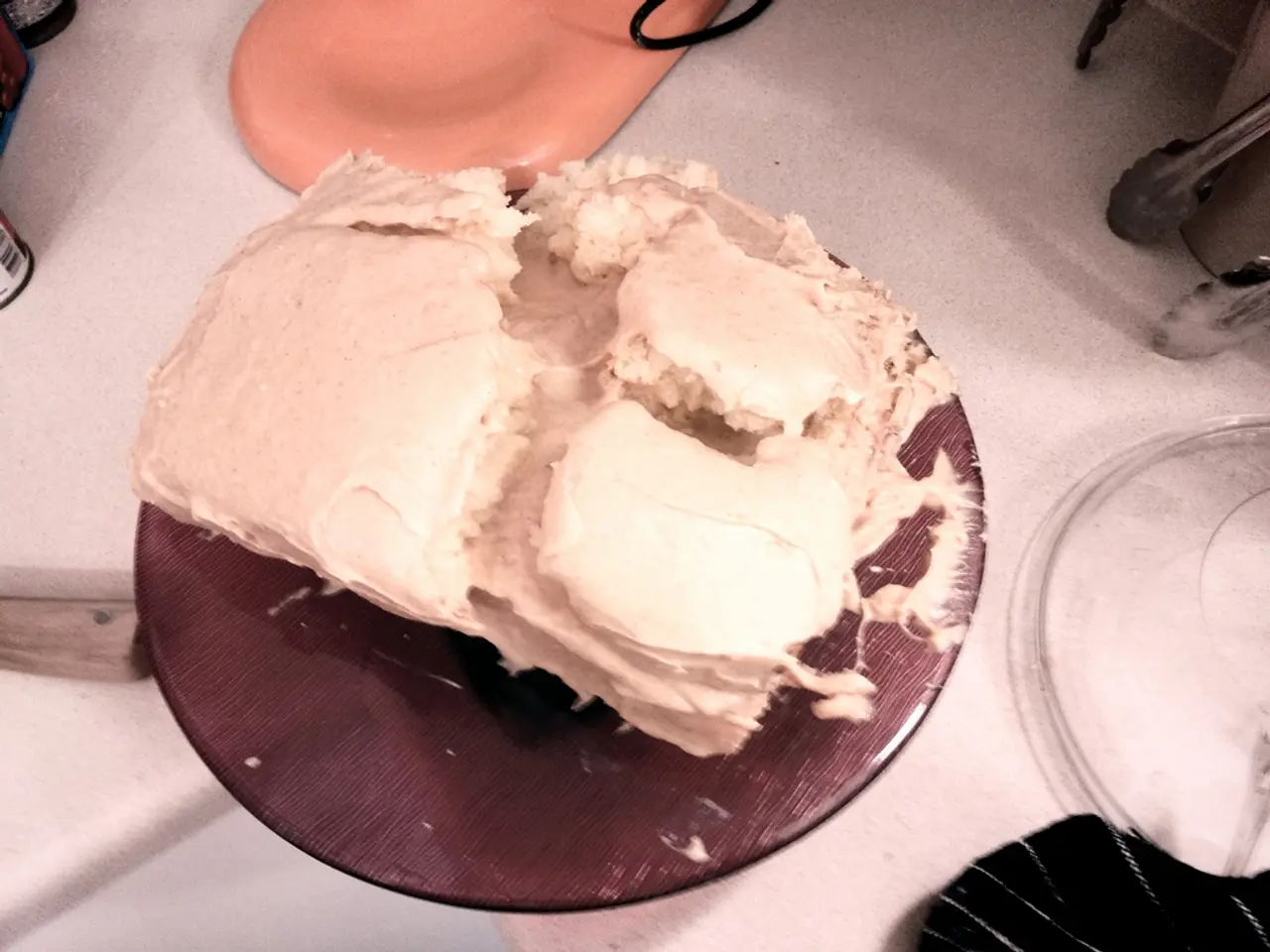Understanding Urea's Role in Psoriasis Management
Managing Psoriasis: A Comprehensive Guide
Psoriasis is a chronic autoimmune skin condition that affects millions worldwide. This condition causes rapid skin cell production, leading to thick, scaly patches known as plaques.
Causes
Psoriasis is an autoimmune disorder where immune cells (T lymphocytes) mistakenly attack healthy skin cells, triggering inflammation and accelerated skin cell growth. Genetic predisposition plays a role, alongside environmental triggers such as skin injuries, infections, stress, cold weather, smoking and alcohol consumption, and certain medications.
Symptoms
Symptoms of psoriasis include red or pink patches of thickened skin covered in silvery scales (plaques), itching, burning, or soreness in the affected areas. Lesions often appear gradually and may worsen or improve periodically. Severe cases may involve extensive skin shedding and inflammation, as well as complications like psoriatic arthritis.
Common Treatments
For mild to moderate symptoms, topical treatments such as corticosteroid creams or ointments, vitamin D analogs, coal tar, salicylic acid products, and moisturizers can help reduce dryness and scaling. For more severe cases, systemic treatments like immunosuppressive agents, oral retinoids, and biologic drugs may be prescribed. Phototherapy, which involves a doctor placing a certain type of UV light on the affected areas of a person's skin, can also help treat psoriasis. Lifestyle modifications, such as reducing stress, avoiding smoking and limiting alcohol intake, maintaining a healthy weight, and following a nutritious diet, can help manage triggers.
The Role of Urea
Urea, an organic compound found in over-the-counter products called keratolytics, can help ease psoriasis symptoms by softening psoriasis patches, reducing itching, and speeding healing time. Urea works as an emollient, reducing water loss from the upper layer of skin and making it more supple and moisturized. Additionally, urea can help other substances, such as corticosteroids, penetrate better into the skin.
Different Types of Psoriasis
There are different types of psoriasis, including plaque, inverse, guttate, pustular, and erythrodermic. Plaque psoriasis affects up to 80% of people with the condition, while guttate psoriasis affects about 8%. Inverse psoriasis typically causes deep reddening of the skin in areas where the skin folds, such as under the breast and arms and in the genital area. It does not cause scaly plaques but is usually painful and itchy. Erythrodermic psoriasis includes symptoms such as shedding skin in sheets, dehydration, severe pain and itching, and intense redness. Pustular psoriasis presents as pus-filled, white bumps on reddened, inflamed skin.
In summary, psoriasis is a chronic autoimmune condition that requires a multifaceted approach for management. Topical treatments, phototherapy, systemic treatments, and lifestyle modifications can help reduce inflammation, slow skin cell turnover, and alleviate symptoms to improve quality of life. The choice of treatment depends on psoriasis type, severity, and individual response.
- Dermatology, the study of skin, plays a crucial role in addressing psoriasis, a chronic autoimmune skin condition.
- Urea, found in over-the-counter skincare products, can provide relief for those suffering from itchy, scaly skin patches caused by psoriasis.
- While genetic predisposition can cause the onset of psoriasis, environmental factors such as stress, skin injuries, and certain medications can also trigger skin-and-wellness concerns.
- Different types of psoriasis include plaque, inverse, guttate, pustular, and erythrodermic, each presenting unique symptoms and requiring specific medical-conditions treatments.
- Skincare, including the use of topical creams, ointments, and moisturizers, can help alleviate the dryness and scaling associated with mild to moderate psoriasis.
- Adopting healthy lifestyle practices, such as limiting alcohol consumption, maintaining a balanced diet, and managing stress levels, can help reduce triggers and improve the overall health and wellness of individuals with skin-conditions like psoriasis.




